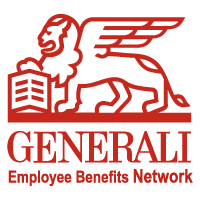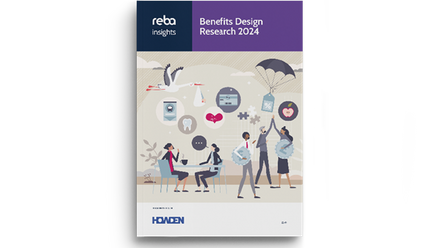What happens to reward and benefits when a company is acquired by a multinational?

However, one of the first things the HR department needs to understand is the structure of the purchase, as a company tends to be acquired via a share or asset deal.
Structural considerations
In a share deal, the buyer purchases all – or almost all – of the shares in a company. Rewards and benefits will transfer over with no change and new employees don’t need to be consulted. That said, the parent company may want to compare the new company’s benefits with its existing benefits further down the line.
In an asset deal, the buyer is able to specify the liabilities it’s willing to assume, while leaving other liabilities behind. This means the multinational will have to quickly decide how it will provide employee benefits for the group of employees transferring to it. The Transfer of Undertakings (Protection of Employment) (TUPE) Regulations are a key factor in any asset deal. These Regulations 1981 preserve employees’ terms and conditions when a business or undertaking, or part of one, is transferred to a new employer.
“Making the distinction between a share or asset deal is very important as it will impact the way the buyer should inform and consult with new employees about their benefits,” explains Alexandra Hadley, Principal, M&A transaction services at Mercer. “Although even in a share deal the TUPE philosophy tends to be used because the new company doesn’t want to disenfranchise or detrimentally impact new employees. It will want to demonstrate fairness.”
Hadley says acquiring companies should also maintain a dialogue with new employees. “Benefits such as pensions can be extremely emotive, so setting up a two-way communications process and encouraging employee engagement will help a company retain the staff who have transferred over,” she adds.
Treating merged organisations differently with regards to benefits provision often means dealing with multiple suppliers, adding extra administrative complexity and increasing costs both in money and time.
Where pooling is in place
On that note, it’s worth looking at what happens when the acquiring company has a multinational pooling arrangement already in place. The advantages of such a scenario to both the multinational parent and the company – or part of a company – being acquired are primarily three-fold.
1. Information
The global network of insurers associated with a multinational pooling arrangement brings benefits to both the population being acquired and the multinational in terms of local and global knowledge.
For example, information on local country regulations, state provision and associated benefit requirements comes from the local insurers. While business intelligence can be fed to the local subsidiaries from the global parent – such as performance in other territories – so that optimisations can take place.
2. Benefits status quo
Where a part of an organisation is being sold as opposed to the whole Group, which is often the case, the break-away population would obviously require a new benefits contract. Here, ensuring the employees are all covered under the same terms and conditions they were used to as part of their previous employer is key to avoiding too much disruption. And for their new employer, ensuring the pricing remains the same even though the risk profile might now be significantly different also brings obvious advantages (ie say a local population of 50 is removed from a total of 1,000, the risk profile suddenly looks very different, translating into a potential price hike).
3. Employee communications
Good communications are key to the success of any merger or acquisition. And where benefits are concerned, if the acquiring company already has a multinational pooling arrangement in place, they’ll already have the framework in place – via the pooling Network – to enjoy the advantages of good lines of communication with the local subsidiaries.
The author is Damian Ross, regional manager – UK, Ireland & Nordics, Generali Employee Benefits.
This article is provided by Generali Employee Benefits.
In partnership with Generali Employee Benefits Network
Generali Employee Benefits' solutions are to protect and enhance the wellbeing of their workforce.







